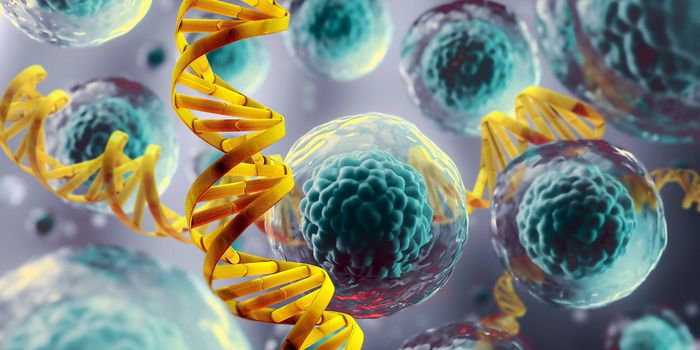This Protein Can Stop the Flu From Replicating
When viral pathogens like influenza infect cells, they can take over the machinery in the host cells that have been infected to make more viral particles. Those particles are then released from the host cell to infect more cells, and the process is repeated over and over. As more cells are infected, flu symptoms in the host get worse. If something can stop the virus from replicating or infecting more cells, the infection can be brought under control and halted.
New research has identified a protein that can inhibit the replication of the flu virus. This work could help create more effective flu treatments. The findings have been reported in the Proceedings of the National Academy of Sciences.
"These results uncover new strategies for interfering with influenza virus replication, providing a potential avenue for the development of new antivirals against influenza," said senior study author Beatriz Fontoura, Ph.D., a Professor of Cell Biology at the University of Texas Southwestern.
Once the flu virus enters a cell, it gets into the nucleus, and takes over organelles called the nuclear speckles. After that, the nucleus is more conducive to allowing the virus to activate its own genes.
The study authors determined that a protein called TAO2 kinase, which can move phosphate groups from one protein to another, is involved in controlling nuclear speckle assembly. The nuclear speckle assembly is normally involved in various aspects of gene expression.
"We found that TAO2 is needed to maintain the physical integrity and function of nuclear speckles. Among the functions of nuclear speckles is regulation of key steps in gene expression, which are usurped by influenza virus at these compartments to support viral replication," Fontoura explained.
When TAO2 kinase itself or its enzymatic activity was disrupted, the flu virus was not able to replicate in the cell, noted Fontoura. This also happened without disrupting the host cell in a major way.
Sources: UT Southwestern Medical Center, Proceedings of the National Academy of Sciences









